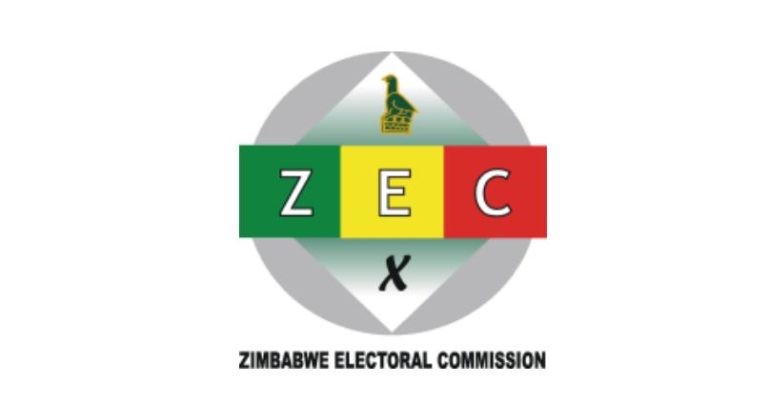Young people in the informal sector in Bulawayo have appealed to Zimbabwe Electoral Commission (ZEC) to set up mobile offices in the Central Business Centre (CBD) and different suburbs to cater to those who are in the informal sector.
This came out during a Vendors Initiative for Social and Economic Transformation (VISET) meeting on Thursday which was focusing on voter education prioritizing the young people working in the informal sector.
VISET described the program as a timely intervention that is being implemented in different areas following a realization that the informal economy actors have been left out of the electoral processes due to the nature of their work.
Speaking during the meeting, one of the participants, Dumisani Ngwenya said ZEC should decentralize their offices to reach out to many young people.
“ZEC can afford to reach Binga or Jotsholo during the election day but during the election processes they don’t want to come to us and we are told to go to Famona for what reason. If they can reach any place during the election day and can have about 11 000 polling stations, but they have one office in Bulawayo. In Harare, they have two offices I don’t want to even speak of Mashonaland but if you come to Bulawayo there is one office,” said Ngwenya.
“The problem is that I am in the informal sector and I want to sell my wares, and I am expected to go to Famona for what reason, ZEC should come to where I am.”
He said ZEC should come up with strategies to register everyone in different places.
“There are other youths employed in the Industrial areas who also have to register but are unable to do so because of logistical challenges,” said Ngwenya.
Another participant Siza Ngwenya added that there is a need to intensify voter registration.
“This is our future, we should continue encouraging people to vote. ZEC should find the central point in the CBD so that people can access it, the majority of us stay in the suburbs, ZEC should consider those issues so that they can reach out to the highest numbers,” he said.
He added, “ZEC has one office to cater for the whole city, so they should consider having smaller offices in different suburbs so that people can be able to register to vote, if everyone decides to register in one day they won’t manage to deal with the pressure.”
Shaun Fusire said ZEC should be visible enough and not only appear during election time.
“ZEC is a big organization, they should do outreach programs in every suburb, as young people, we can not commute twice, they should be visible and not only appear towards elections maybe after four years,” said Fusire.
VISET acting programs manager Edward Kapodogo said the project seeks to train young people in the informal sector on the electoral processes.
“We are trying to train the group of young informal traders and get the basics of how the electoral processes work so that they can cascade and influence other fellow young informal traders to take the issue of participation in the electoral process on a serious note the same way they are comfortable with social issues,” said Kapodogo.
“We feel If they can participate in these processes, they can also have a foundation of them able to shape their operating spaces probably looking and lobbying for informal sector reforms, enabling informal sector policies which are informed by their participation.”
He said they believe it is the youth who can change their future by participating in the electoral process.
“We urge them to take a neutral stance when educating others and not consider their background because youth issues are common but background differs,” said Kapodogo.

